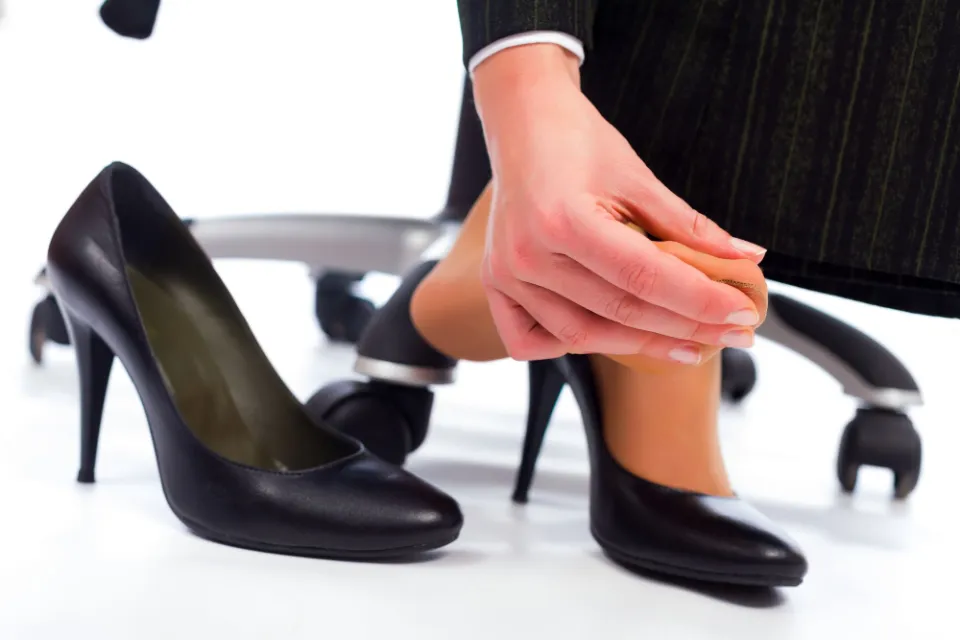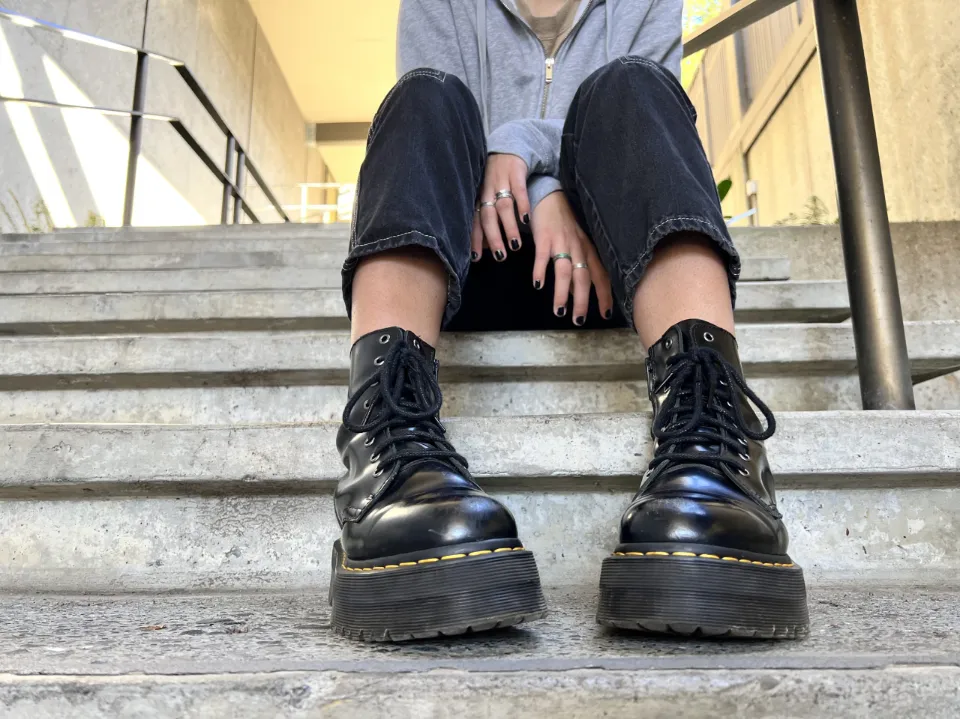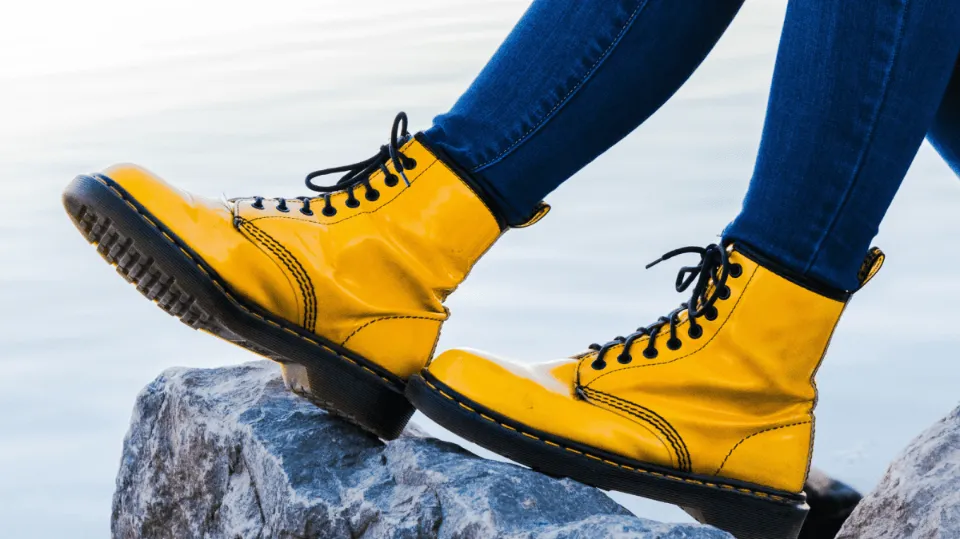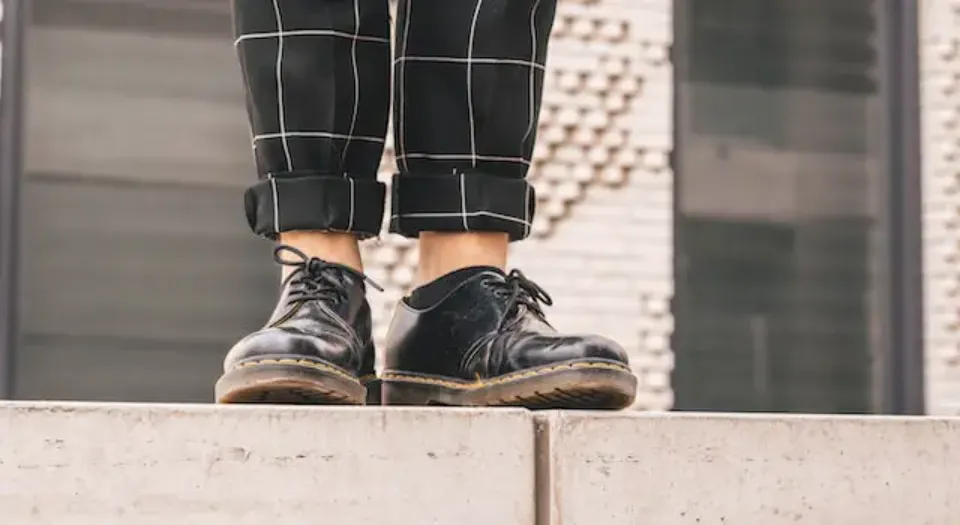There’s a good chance that your feet hurt after a long day at work or a fun night out in your favorite high heels. So do high heels cause bunions?
Wearing certain types of high heels may cause a bunion to develop. Additionally, it can result from wearing any type of shoe with insufficient room for the toes to move around in.
What actions ought to be taken if you have painful bunions? Learn more by continuing to read.
What is a Bunion?
Bunions are painful bony bumps that usually develop on the inside of the foot at the joint of the big toe.
It may become painful to walk and wear shoes as the deformity progresses over time. Women are more likely to aggravate pre-existing bunions because they frequently wear tight, narrow shoes that cause their toes to move closer together.
By putting on wider shoes with room for the toes, bunions can be relieved of pain.
Do High Heels Cause Bunions?
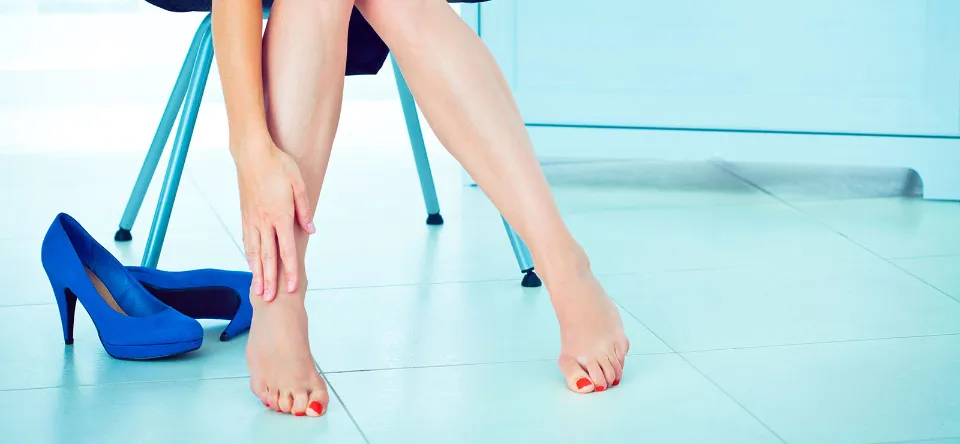
Uncomfortable shoes can exacerbate a structural or stability problem that already exists. This can cause a bunion to form or become worse. High heels push your toes forward, into an unnatural position, which increases the amount of pressure they’re under.
The jury is still out on whether shoes alone can cause bunions or whether it’s a combination of inherited foot structure combined with shoes that causes bunions in some women who wear high heels.
However, the experts concur that wearing high heels aggravates the underlying structural issue, causing bunions to form more quickly and progress more quickly once they begin.
Also Read:
How to Mitigate Bunion Pain Without Surgery?
The protrusion of a bunion can be treated using a few simple, affordable, and non-invasive techniques.
The main goals of these treatments are to relieve joint pressure and improve the structure of your foot.
Tip 1: Wear the Right Shoes
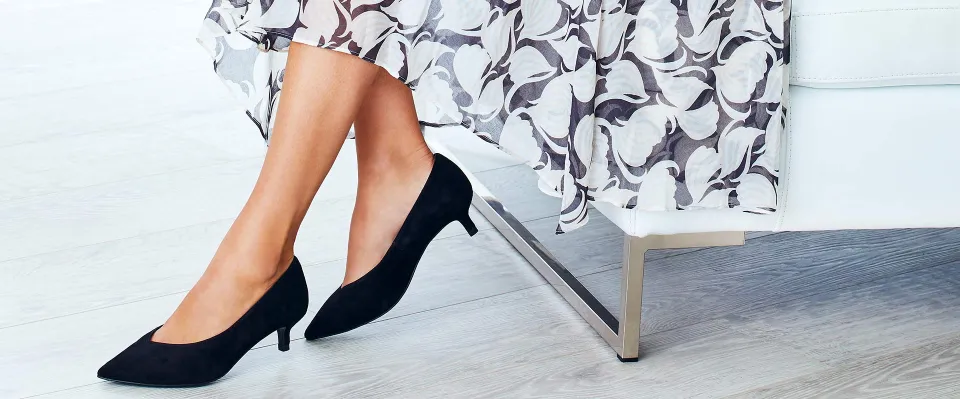
If you choose the right shoes, you can lessen foot pain while wearing shoes. The best shoes have broad, flexible soles.
Make sure your foot is properly supported and that your bunion can fit comfortably in the toe box. Never wear narrow shoes to help with bunions. It shouldn’t feel as though you are shoving your foot into the shoe. Instead of the other way around, high heels ought to fit feet!
Related Reading: How to Make High Heels More Comfortable?
Tip 2: Use Orthotic Inserts
If your job involves a lot of walking or standing, an orthotic insert may be able to help support your feet. Make an appointment with your podiatry specialist to receive a custom orthotic fitting.
Another tool for women with bunions is bunion cushions. These gel bunion pads fit inside your shoes and over your joint to help create a barrier that can lessen pain.
Tip 3: Try Therapeutic Treatment Options
Sleeping with a splint on can help hold the toe straight, relieving pressure and reducing pain.
Massages, whirlpools, and warm soaks can soothe a bunion that is particularly inflamed. A cooling relief option is ice packs. Under your doctor’s guidance, you can also take a nonsteroidal anti-inflammatory drug, such as ibuprofen.
Physical therapy is another possible course of treatment for those who have bunions. Physical therapy can help strengthen muscles and ligaments, improve function, and lessen pain.
Final Words: Do High Heels Cause Bunions
While high heels don’t necessarily directly cause bunions to develop on your feet, constricting footwear could definitely lead to podiatry problems down the road.
Overly small shoes squeeze your toes close together, which over time may cause your big toe joint to deform. You could also develop bunions on your smaller toes.
We can improve the health of your feet using other treatments like physical therapy and anti-inflammatory drugs.
Read More: How to Keep High Heels from Slipping Off?
FAQs
Do High Heels Damage Your Feet?
Regularly wearing high heels can eventually lead to toe deformities like hammertoes or claw toes, bunions, corns and calluses, and ingrown toenails.
What Causes Bunions?
Bunions may develop or become worse if you wear narrow, restricted shoes.
Are Bunions Hereditary?
Yes, bunions are often hereditary.

